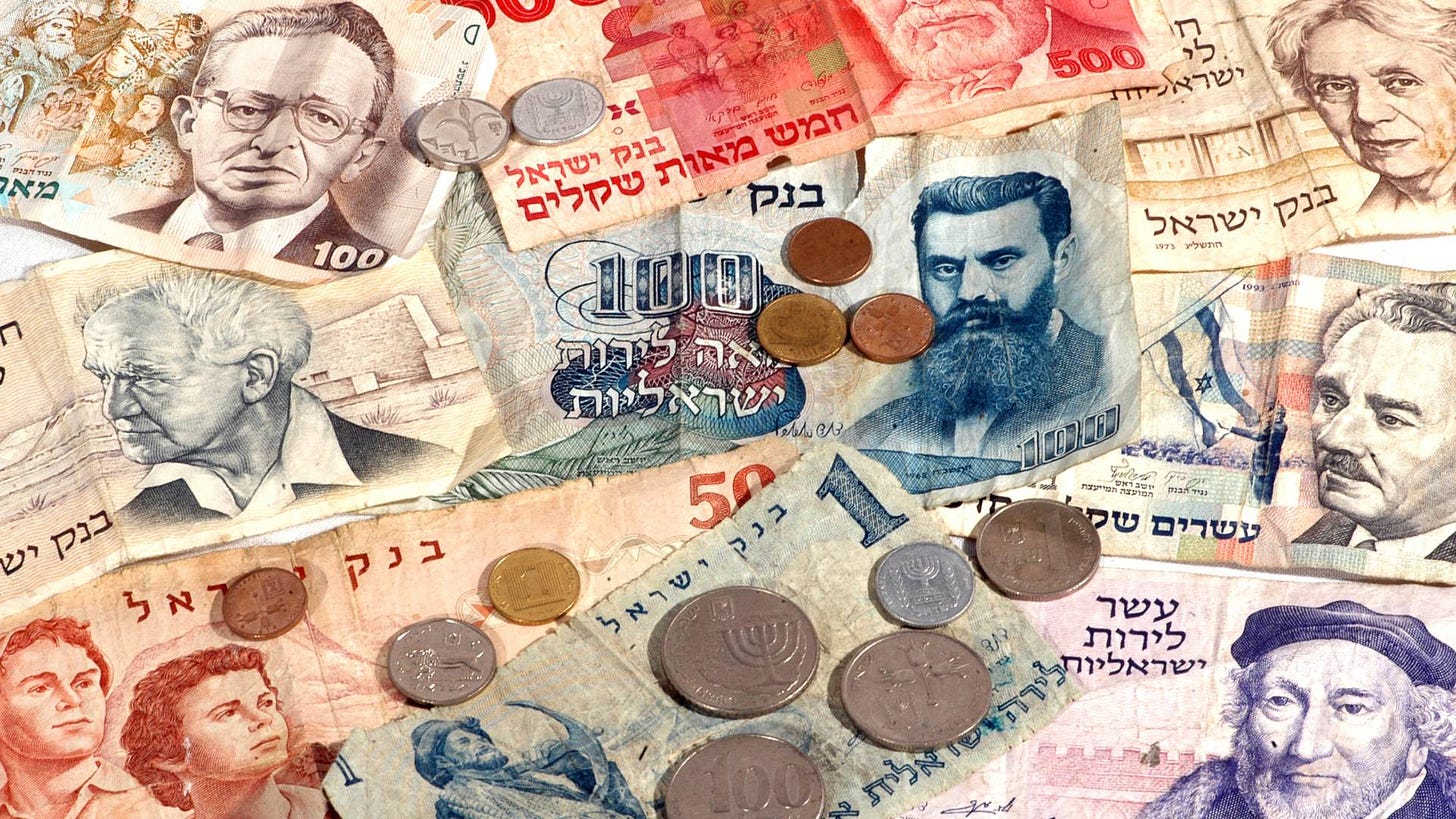Turning Old Currency into Cash
If you have old or obsolete currency lying around, you might be wondering how to convert it into usable cash
If you have old or obsolete currency lying around, you might be wondering how to convert it into usable cash. This guide provides comprehensive steps and tips on how to turn your old currency into cash, covering everything from identifying valuable currency to finding the best exchange options.
Identifying Old Currency
Types of Old Currency
Demonetised Currency:
Overview: Demonetised currency refers to notes and coins that are no longer legal tender. Governments withdraw these from circulation and replace them with new designs or denominations.
Examples: Old British pound notes, Indian rupee notes, and European currencies replaced by the euro.
Collectible Currency:
Overview: Some old currency may have collectible value due to its rarity, historical significance, or condition. Collectors often seek these items.
Examples: Ancient coins, limited-edition banknotes, and currency from defunct countries.
Foreign Currency:
Overview: Old foreign currency includes money from trips abroad that you never exchanged back to your local currency. It might still hold value, especially if it's from a major currency.
Examples: Old US dollars, euros, or yen.
Assessing Value
Condition:
The condition of the currency significantly affects its value. Pristine, uncirculated notes and coins fetch higher prices compared to worn or damaged ones.
Rarity:
Rarity increases value. Limited-edition coins, currency with printing errors, or notes from short-lived series are more valuable to collectors.
Historical Significance:
Currency with historical significance, such as notes from significant events or eras, can attract higher prices from collectors and history enthusiasts.
Authentication
Professional Appraisal:
If you believe you have valuable currency, consider getting it appraised by a professional. This ensures accurate valuation and authentication.
Online Resources:
Use online resources and catalogues to identify and assess the value of your currency. Websites like Numista or coin and banknote forums can provide valuable information.
Exchanging Old Currency
Central Banks and Official Institutions
Bank of England:
Service: The Bank of England will exchange old British currency for current legal tender. This includes old series of banknotes and some coins.
Process: Visit the Bank of England in person or mail your old currency along with a completed exchange form. Details are available on the Bank of England's website.
Foreign Central Banks:
Service: Many central banks offer similar services for their country's demonetised currency. Contact the relevant central bank to inquire about their exchange policies.
Process: Check the bank's website for details on how to exchange old currency, including any required documentation.
Currency Exchange Services
Specialist Currency Exchange Companies:
Service: Companies like Foreign Money Exchange, Travelex, Leftover Currency, and Cash4Coins specialise in exchanging old and foreign currency.
Process: Send your old currency by mail or visit their offices. They will assess the value and provide cash or a bank transfer.
Local Currency Exchange Bureaus:
Service: Some local currency exchange bureaus might accept old foreign currency. It's best to call ahead and inquire about their policies.
Process: Visit the bureau with your old currency and exchange it for current legal tender. Rates may vary, so compare options.
Selling to Collectors
Coin and Banknote Dealers:
Service: Professional dealers buy old currency, especially collectible items. They offer valuations and purchase directly from you.
Process: Find reputable dealers through numismatic associations or online directories. Schedule an appointment for appraisal and sale.
Online Marketplaces:
Service: Platforms like eBay, Etsy, and specialist auction sites allow you to sell old currency directly to collectors.
Process: List your items with clear descriptions and high-quality images. Set a competitive price based on similar listings and market demand.
Collector Shows and Fairs:
Service: Attend coin and banknote shows or fairs where collectors gather. These events provide opportunities to sell directly to interested buyers.
Process: Bring your currency for appraisal and sale. These events also offer networking opportunities with collectors and dealers.
Tips for Maximising Value
Research and Preparation
Research Market Value:
Before selling, research the market value of your currency. Use online resources, catalogues, and forums to get an accurate estimate.
Organise and Catalog:
Organise your currency by type, condition, and denomination. Create a catalog with descriptions and images to present to potential buyers or appraisers.
Presentation and Preservation
Clean and Preserve:
Preserve the condition of your currency by storing it in protective holders or sleeves. Avoid cleaning coins aggressively, as this can reduce their value.
Professional Grading:
Consider having valuable currency professionally graded by services like the Professional Coin Grading Service (PCGS) or Numismatic Guaranty Corporation (NGC). Graded items often fetch higher prices.
Negotiation and Sales Strategy
Set Realistic Prices:
Set realistic prices based on your research. Be prepared to negotiate with buyers, especially in direct sales or auctions.
Promote Effectively:
When selling online, use clear, detailed descriptions and high-quality images. Highlight unique features and historical significance to attract buyers.
Turning old currency into cash
Turning old currency into cash involves identifying its value, finding the right exchange options, and effectively marketing it to potential buyers. Whether you choose to exchange through central banks, specialist services, or sell to collectors, understanding the process and preparing adequately can help you maximise the value of your old currency. This guide provides the essential steps and tips to ensure a smooth and profitable conversion of your old currency into usable cash.



